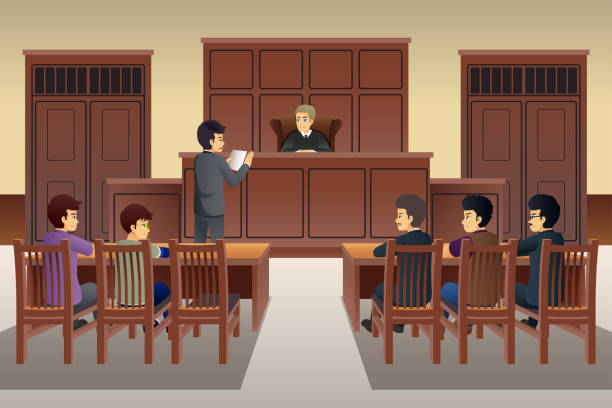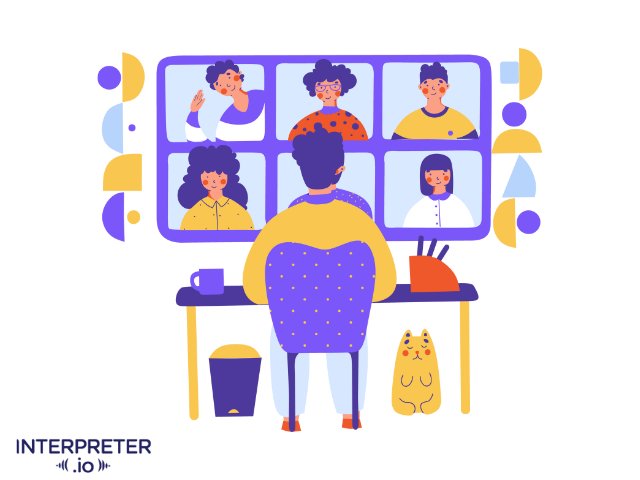Virtual ASL Interpreters: Definition, Benefits, and Uses
 In the United States, a lot of people who are deaf or hard of hearing use American Sign Language (ASL). A study looked at information from 2010 to 2018 and found that about 2.8% of adults use sign language.
In the United States, a lot of people who are deaf or hard of hearing use American Sign Language (ASL). A study looked at information from 2010 to 2018 and found that about 2.8% of adults use sign language.
More women use it than men, and it's more common among younger people than older ones. Deaf people use sign language much more than those who have different levels of hearing ability.
Insights into ASL and Certified Deaf Interpreter Skills
 In sign language, not all interpreters are the same. There are ASL Interpreters and Certified Deaf Interpreters (CDIs), and they do their jobs in different ways.
In sign language, not all interpreters are the same. There are ASL Interpreters and Certified Deaf Interpreters (CDIs), and they do their jobs in different ways.
ASL Interpreters are usually people who can hear. They turn spoken words into sign language. CDIs are Deaf or hard-of-hearing themselves.
They use their own experience with sign language to make sure the meaning is clear and true to Deaf culture. These differences are more than just about knowing sign language; they're about different ways of seeing and understanding.
Understanding Your Rights: Accessing Court Interpreter Services in Legal Proceedings
In legal proceedings, the presence of a court interpreter is not just a convenience, it's a critical component for justice.
Imagine a scenario where 21.6% of U.S. residents speak a language other than English at home. This statistic underscores the essential role of court interpreter services in ensuring fair and accessible legal processes for all.
Recognizing this, interpreter schedulers have become invaluable in our increasingly global business environment, streamlining the process of providing the necessary language support.
 Whether you're a defendant, plaintiff, witness, or simply an interested party, understanding your rights when it comes to accessing court interpreter services can significantly impact the outcome of your case.
Whether you're a defendant, plaintiff, witness, or simply an interested party, understanding your rights when it comes to accessing court interpreter services can significantly impact the outcome of your case.
In this comprehensive guide, we'll delve into the critical aspects of this essential service, ensuring you are well-informed and empowered when navigating the legal landscape.
The Colorado Court System: Leveraging Interpreter Management Software for Global Business Communication

Effective communication is very important for businesses operating on a global scale.
Companies have to deal with diverse cultures, languages, and legal systems when conducting cross-border transactions. One aspect that plays a crucial role in bridging the language barrier is interpreter services.
In the context of the Colorado Court System, leveraging interpreter management software can revolutionize global business communication.
Video Interpreting Services: Boosting Access & Clarity
Interpreting services come in many forms, each catering to different needs and situations. From in-person interpreters who assist face-to-face, to telephonic interpreters who provide support over the phone, the world of language interpretation is diverse.
In this article, we're going to focus on a specific type of interpreting service that has gained prominence with technological advancements: video interpreting services. We will explore what video interpreting service is, how it operates, and where it is most effectively used.
